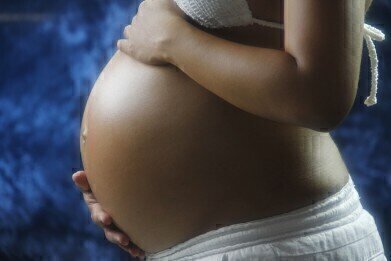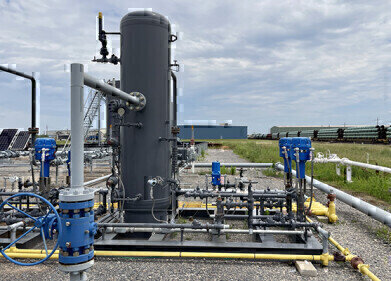Air Clean Up
Does Pollution Affect Unborn Babies?
Oct 16 2018
New research has discovered the first evidence that air pollution can infiltrate the placenta of unborn babies via their mother’s lungs. Scientists were already aware that exposure to poor air quality can cause damage to unborn foetuses, though it remains largely unknown how exactly that comes to pass. The new study, which was presented at European Respiratory Society International Congress last month, is the first to find particles of soot inside a placenta, suggesting such contamination may also make its way into the foetus, as well.
An alarming study
For the study, the research team at Queen Mary University in London examined the placentas of five women who had all just delivered babies. None of the women smoked and all five babies were healthy on delivery. The scientists first isolated the macrophage cells inside the placenta, which absorb harmful particles such as air pollution and bacteria as part of the body’s immune system.
They then used an optical microscope to identify 72 dark cells among 3,500 examined. When subjected to the stronger electron microscope, the scientists could see that the dark cells had shapes resembling those of soot particles captured by macrophages inside the human lung. Those macrophages are able to filter out many harmful particles we breathe in - but, crucially, not all of them, leading to the conjecture that some sooty particles may well have infiltrated the foetus itself.
“We do not know whether the particles we found could also move across into the foetus, but our evidence suggests this is indeed possible,” explained Dr Norris Liu, part of the research team. “We also know that the particles do not need to get into the baby’s body to have an adverse effect, because if they have an effect on the placenta, this will have a direct impact on the foetus.”
A growing body of evidence
The latest research adds to a number of other studies which suggest that the inhalation of pollution particles spells trouble not just for the lungs. A recent investigation found a strong link between air pollution and reduced intelligence, while several others have pointed to how exposure to poor air quality during pregnancy can enhance the risk of premature birth, as well as unhealthily low birth weight.
The results of the QMU study are being held up as even more proof - as if any was needed - that governments, businesses and individuals must do more to improve air quality and reduce transport-related pollution. Aside from the personal measures that pregnant mothers can take to avoid exposure to poor air quality, local authorities must step and take regulatory action to make our towns and cities safer places to live.
“This research suggests a possible mechanism of how babies are affected by pollution while being theoretically protected in the womb,” said Professor Mina Gaga, president of the ERS. “We need stricter policies for cleaner air to reduce the impact of pollution on health worldwide because we are already seeing a new population of young adults with health issues.”
Events
Apr 18 2024 Shanghai, China
Apr 22 2024 Hannover, Germany
Apr 23 2024 Kuala Lumpur, Malaysia
Apr 24 2024 Sao Paulo, Brasil
May 05 2024 Seville, Spain














